Exploring the Exquisite Taste of Moroccan Legumes: Your Guide to Importing with Wigmore Trading
Exploring the Exquisite Taste of Moroccan Legumes: Your Guide to Importing with Wigmore Trading
Are you ready to embark on a flavorful journey through the vibrant and aromatic world of Moroccan legumes? Look no further than Wigmore Trading, your ultimate guide to importing these exquisite treasures. From mouthwatering chickpeas and lentils to tantalizing fava beans and black-eyed peas, we’ll take you on an adventure filled with rich flavors, cultural traditions, and endless culinary possibilities. Get ready to savor every bite as we dive into the captivating story behind these remarkable legumes and unveil the secrets of sourcing them from Morocco’s finest producers. Let’s unlock the doors to a whole new level of taste sensation together!
Introduction to Moroccan Legumes
If you’re not familiar with Moroccan legumes, you’re in for a treat! These delicious, nutrient-rich foods are an important part of the country’s cuisine. Here at Wigmore Trading, we’re passionate about helping our customers experience new and exciting flavors from around the world. That’s why we’re excited to introduce you to some of our favorite Moroccan legumes.
Moroccan cuisine is known for its use of fresh, flavorful ingredients. Legumes are a staple in many traditional dishes, providing both protein and fiber. Common varieties include fava beans, chickpeas, lentils, and peas. These hearty ingredients can be used in a variety of ways, from soups and stews to salads and side dishes.
Whether you’re looking to add some global flair to your menu or simply want to try something new, we encourage you to explore the exquisite taste of Moroccan legumes!
Benefits of Eating Morrocan Legumes
Moroccan legumes are not only delicious, but they are also packed with nutrients that can provide numerous health benefits. Here are some of the top benefits of eating Moroccan legumes:
1. They can help you lose weight.
If you’re looking to shed a few pounds, then incorporating Moroccan legumes into your diet can be a helpful strategy. That’s because these legumes are low in calories and fat, yet high in fiber and protein, all of which can promote weight loss. What’s more, studies have shown that eating legumes regularly can help reduce belly fat specifically.
2. They can improve digestive health.
Another benefit of eating Moroccan legumes is that they can help improve your digestive health. That’s because these legumes are a good source of prebiotic fiber, which helps feed the beneficial bacteria in your gut and keep your digestive system functioning properly. Additionally, the protein in Moroccan legumes can also help keep you feeling full and satisfied after meals, helping to prevent overeating and consequent digestive issues.
3. They can lower blood pressure and cholesterol levels.
If you suffer from high blood pressure or high cholesterol levels, then incorporating Moroccan legumes into your diet may help to lower these numbers. That’s because these legumes contain compounds that have been shown to help reduce both blood pressure and cholesterol levels in the body. As a result, eating Moroccan legumes regularly could potentially decrease your risk of developing heart disease
Types of Legumes from Morocco
Morocco is home to a variety of legumes, each with their own unique flavor and texture. Here are some of the most popular types of legumes from Morocco:
-Chickpeas: Chickpeas are a staple in Moroccan cuisine. They can be used in a variety of dishes, including soups, stews, and salads.
-Lentils: Lentils are another popular type of legume in Morocco. They are often used in soup recipes or as a side dish.
-Fava Beans: Fava beans are a common ingredient in Moroccan dishes. They can be used in soups, stews, or simply boiled and served as a side dish.
-Black-eyed peas: Black-eyed peas are a common ingredient in Moroccan cuisine. They can be used in soups, stews, or simply boiled and served as a side dish.
How to Buy and Export with Wigmore Trading
When it comes to Moroccan legumes, there are a few key things to keep in mind when looking to buy and export. First and foremost, it is important to find a reputable and reliable supplier like Wigmore Trading. We have years of experience in sourcing and exporting the highest quality Moroccan legumes, so you can be sure you’re getting the best product possible.
Once you’ve found a supplier, the next step is to determine what quantity you need. This will depend on factors like how many dishes you plan on serving and how often you’ll be cooking with Moroccan legumes. Once you have an idea of the amount you need, reach out to your supplier to get a quote.
Once you’ve decided on a supplier and quantity, it’s time to place your order! Wigmore Trading makes ordering easy with our online ordering system. Simply select the products you’d like to purchase, enter your shipping information, and we’ll take care of the rest. Your order will be processed and shipped out as soon as possible, so you can enjoy the delicious taste of Moroccan legumes in no time!
Recipes for Preparing Moroccan Legumes
Moroccan cuisine is rich and varied, with each region boasting its own unique dishes and flavors. One of the staples of Moroccan cuisine is legumes, which are used in a wide variety of recipes. From stews and soups to tagines and salads, there are endless ways to enjoy these flavorful and nutritious ingredients.
If you’re looking to add some Moroccan flair to your cooking, Wigmore Trading has everything you need to get started. We carry a wide selection of legumes from Morocco, including fava beans, lentils, chickpeas, and more. We also have a variety of spices and seasonings that will help you create authentic Moroccan dishes at home.
To get you started, we’ve compiled a few of our favorite recipes for preparing Moroccan legumes. These dishes are sure to please even the most discerning palates, so be sure to give them a try!
Alternatives to Buying from Wigmore Trading
There are many ways to get your hands on Moroccan legumes without buying them from Wigmore Trading. You can grow your own, trade with a friend or farmer’s market, or even forage for them in the wild (if you know where to look).
If you’re looking for an alternative to buying from Wigmore Trading, here are a few options:
• Grow your own: With a little patience and some basic gardening knowledge, you can grow your own Moroccan legumes at home. All you need is a sunny spot in your yard and some good quality seeds.
• Trade with a friend or farmer’s market: If you know someone who grows Moroccan legumes, see if they’re willing to trade with you. Farmers markets are also a great place to find fresh, locally grown produce.
• Forage for them in the wild: If you’re adventurous and have access to open land where Moroccan legumes grow naturally, you can try your hand at foraging for them. Just be sure to get permission from the landowner first and be familiar with which plants are safe to eat.
Conclusion
Wigmore Trading’s selection of exquisite Moroccan legumes is ideal for those looking to explore the taste and textures of this unique cuisine. With options ranging from chickpeas, lentils, fava beans, and more, you can easily find a variety that suits your needs. Whether you are an avid foodie or simply looking to expand your culinary horizons, these delicious legumes are sure to please! So why not give them a try today? You won’t be disappointed with the flavor and quality Wigmore Trading has to offer.


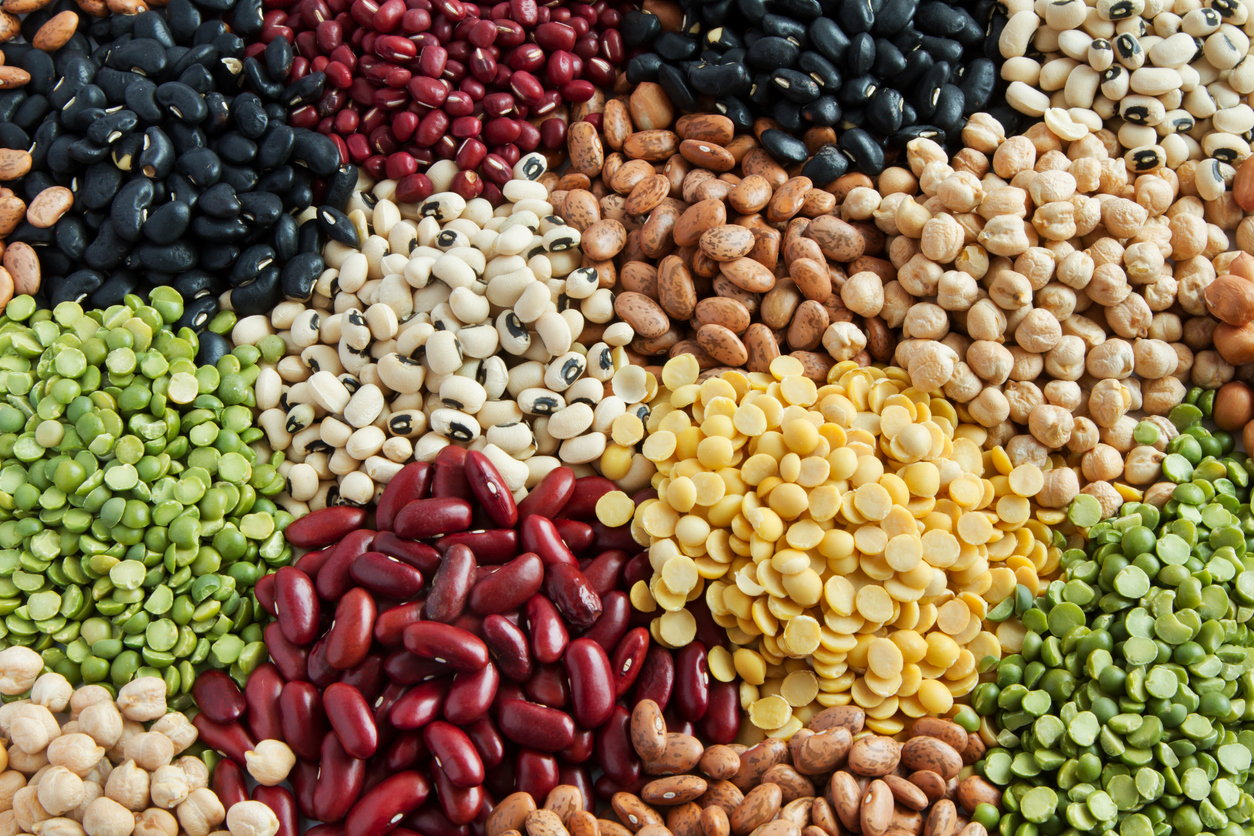
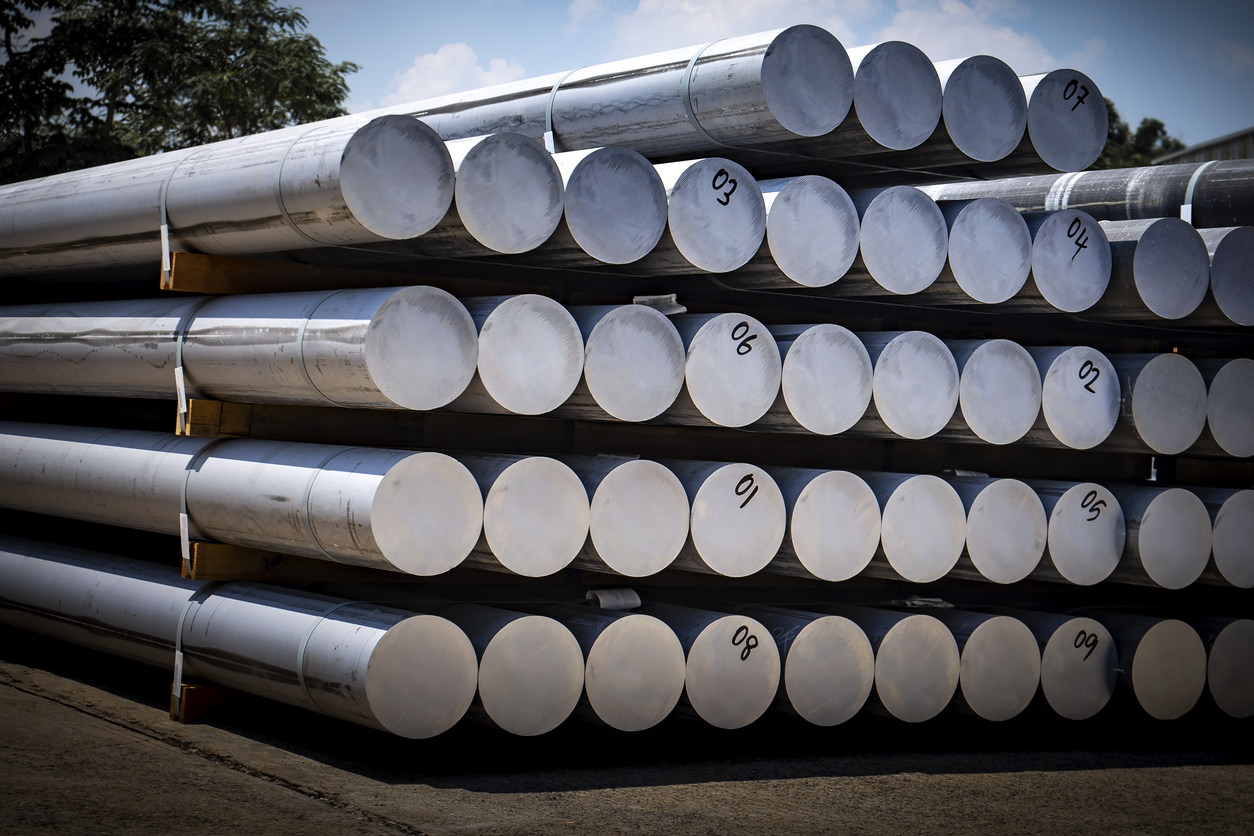
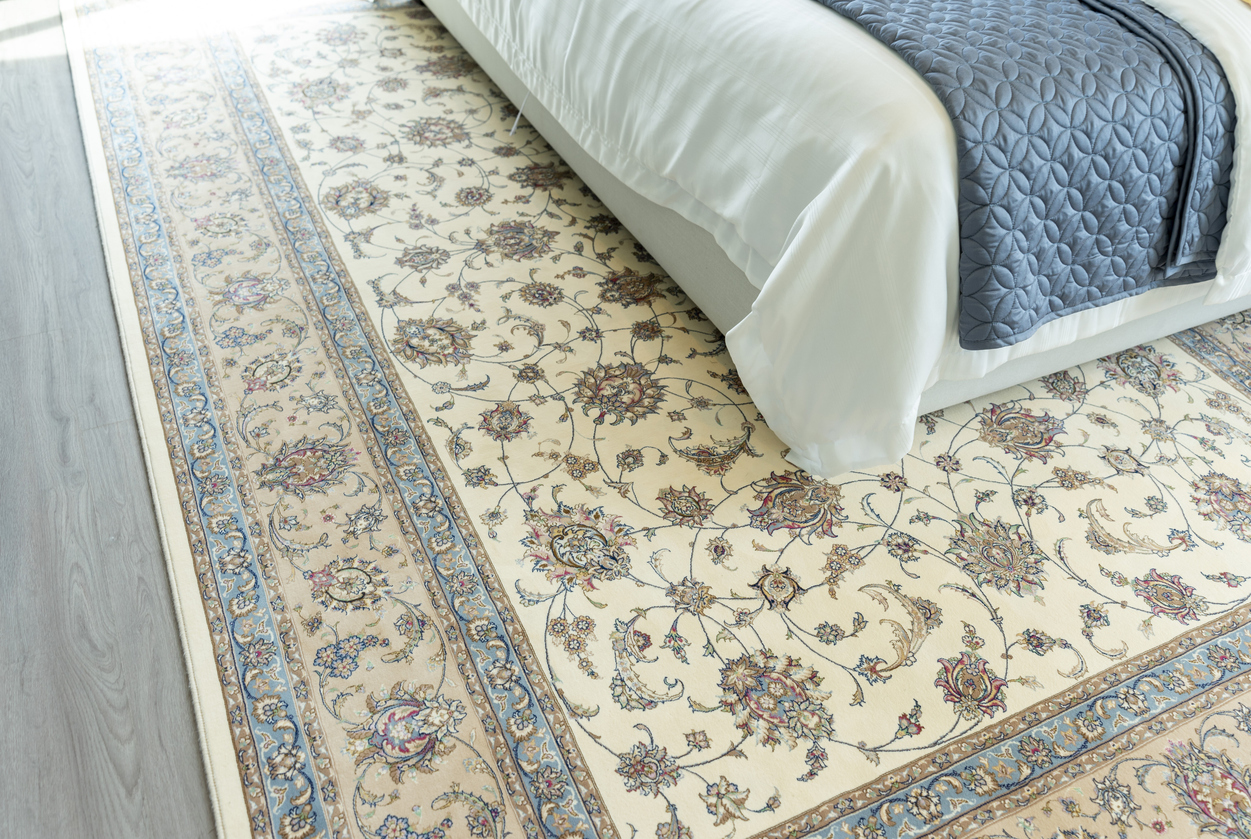
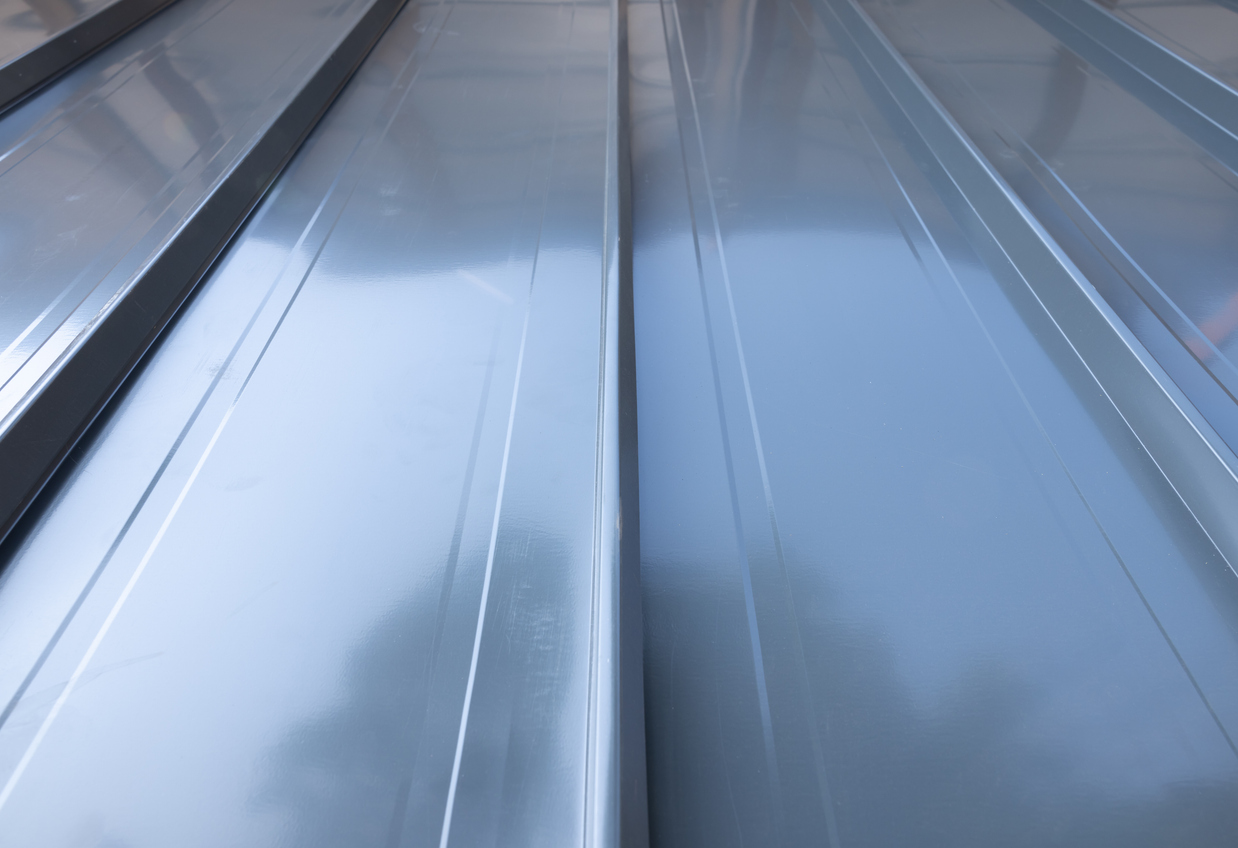
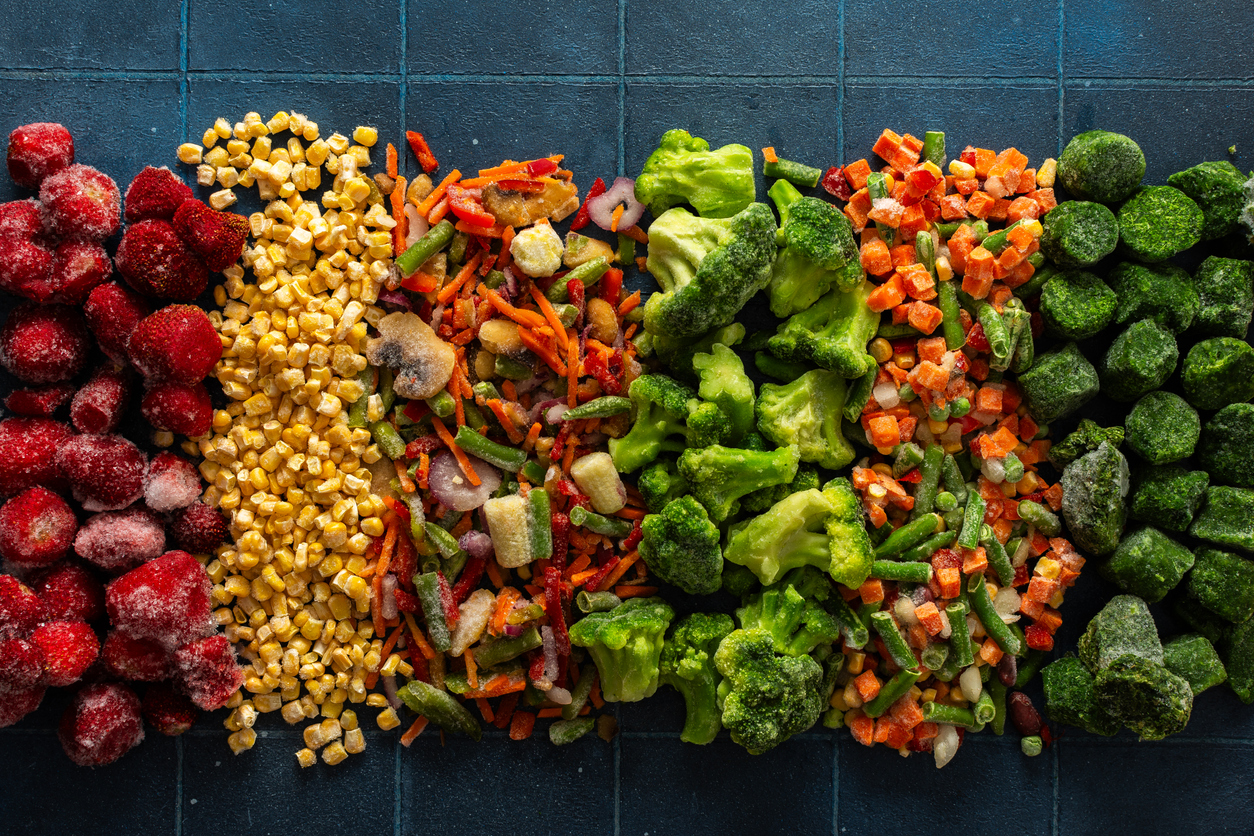

Comments are closed.